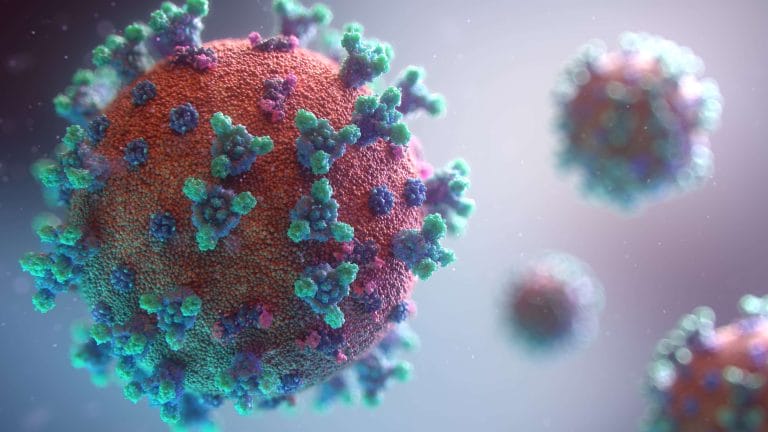
Categories

This resource is provided by WLJ attorney Jennifer Smith.
Click here to download the PDF
On March 10, 2020, the Secretary of Health and Human Services (Secretary) issued a Declaration under the Public Readiness and Emergency Preparedness Act (Prep Act) that provides immunity from civil liability to individuals and entities that manufacture, distribute, administer, or use qualified drugs and medical devices to diagnose, prevent, treat, or cure COVID-19. Immunity also extends to treatment of serious or life-threatening complications of these drugs and devices and to products or technologies that enhance their effectiveness.
The Declaration is retroactive to February 4, 2020, and its protections for healthcare providers who administer or use Covered Countermeasures will remain in place until the earlier of the final day the Declaration is in effect or October 1, 2024. The full text of the Declaration is available at: https://www.phe.gov/Preparedness/legal/prepact/Pages/COVID19.aspx.
The Declaration protects healthcare providers against liability for any claim of death, disability, or injury (whether physical, mental, or emotional) caused by or relating to the use of a Covered Countermeasure. These protections, however, are not unlimited. The liability protections apply to ordinary and professional negligence, but there is no protection for “willful misconduct” as this term is defined in the PREP Act. Liability protections also do not apply to off-label use of products unless such use is authorized by the FDA. In addition, liability protections are limited to “Covered Persons” who manufacture, distribute, administer, or use “Covered Countermeasures” for “Recommended Activities.”
Covered Persons include, but are not limited to, licensed healthcare providers who are authorized under state law to prescribe, administer, or dispense Covered Countermeasures; persons who act pursuant to an emergency use authorization under the Food, Drug, and Cosmetic Act; and persons authorized by a public authority to prescribe, administer, deliver, distribute, or dispense Covered Countermeasures during the public health emergency. For purposes of the PREP Act, a “person” includes business entities and government agencies as well as their officials, employees, contractors, agents, and volunteers.
Recommended Activities for which liability protections are provided include manufacturing, testing, developing, distributing, administration, and use of Covered Countermeasures.
Covered Countermeasures include, but are not limited to, antivirals, drugs, biologics, vaccines, and devices that are used to treat, diagnose, cure, prevent, or mitigate COVID-19, its transmission, or any virus that mutates therefrom, and that are: (i) approved or cleared by the FDA; (ii) authorized for investigational use by the FDA; or (iii) authorized for emergency use under federal law. Covered Countermeasures also include any device used to administer these products and all components of the products, as well as the manufacture, testing, development and, with some limitations, the distribution of such products. The Covered Countermeasures must be related to a present or future federal contract or agreement, or authorized under a public health response by the appropriate authority following an emergency declaration.
Despite these liability protections, healthcare providers should continue to practice within any known standards of care, continue weighing the risks and benefits of proposed treatments, and continue obtaining and documenting informed consent. In the event a patient is unable to provide consent and no surrogate decision maker is available, providers should follow their regular policies and procedures for determining how treatment decisions are made when a patient lacks capacity.
Providers should also stay updated on which products are covered under the Declaration and maintain any documentation received from federal or state agencies concerning authorization and use of such products in the event a plaintiff attempts to later file a claim.
In addition to the liability protections under the Declaration, the Coronavirus Aid, Relief, and Economic Security (CARES) Act, which was passed on March 27, 2020, limits malpractice liability for healthcare providers who furnish free healthcare services within the scope of their license in response to the public health emergency. The protections under the CARES Act apply only during the public health emergency and do not apply to gross negligence or criminal misconduct.
This memorandum is provided by Wright, Lindsey & Jennings, LLP for educational and informational purposes only and is not intended and should not be construed as legal advice. Businesses and individuals with additional questions should contact Jennifer Smith or any other WLJ Business Team or Healthcare attorney.







































































